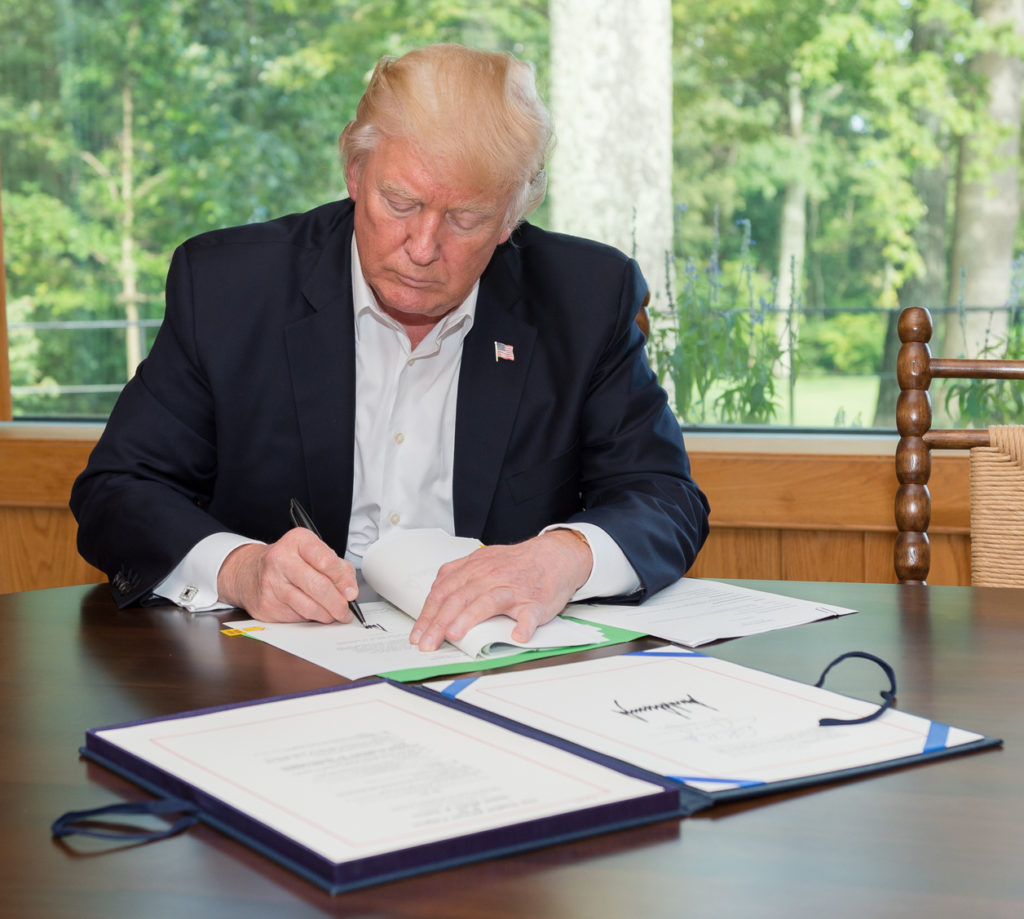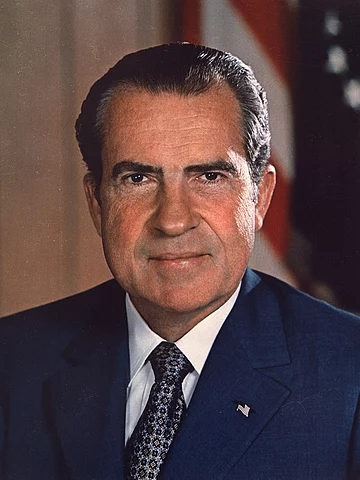A presidential pardon is a form of executive clemency. The president can grant presidential pardons to people who have been convicted in federal criminal court or military tribunal, allowing them to be forgiven for their crimes. The person receiving the presidential pardon must accept it as part of the legal process, even if they are innocent.
In most cases, presidential pardons are awarded to individuals who are deemed to have paid their debt to society and have been punished enough as determined by the government’s yardstick, or to those who are seen as eligible for a pardon and to some who might have been wrongfully convicted or keep on claiming their innocent.

Presidential pardons have largely gone unnoticed. That changed with President Trump. His tenure saw an increase in pressure from the public and from celebrities for him to use this power. One of the most famous cases was the campaign to get Trump to pardon Joe Exotic.
What is a Presidential Pardon?
A pardon “is a government decision to allow a person to be relieved of some or all of the legal consequences resulting from a criminal conviction” [Source]. Given this definition of a pardon, a presidential pardon becomes the federal pardon actioned by a national leader as a way of dissolving a punishment against a federal crime.
It is also noted that “A pardon may be granted before or after conviction for the crime, depending on the laws of the jurisdiction”.
In the US, “the Constitution gives the president the ‘Power to grant Reprieves and Pardons for Offences against the United States, except in Cases of Impeachment” [Source]. This mechanism is used in controlling the prison populations because it is “a vital mechanism of mercy, tempering the often harsh, racist, and inequitable effects of our criminal legal system”.
“Under the fundamental rule that no one may be a judge in his own case, the President cannot pardon himself,” as noted by American lawmakers. But the president can step down under the 25th amendment in American law and allow the vice president to step in, in which the vice president can pardon the president and the president can resume his or her office [Source].
Why do presidential pardons exist?
Presidential pardons have been in action since the signing of the Constitution. The presidential pardons were meant to be used as a ‘check and balance’ mechanism in certain cases when a presidential hopeful faces a jail sentence, which might prevent him or her from being able to carry out his or her presidential duties.
Pardon of Richard Nixon
President Richard Nixon received a pardon from President Gerald Ford on September 8, 1974. This presidential pardon was carried out based on the National Emergencies Act, which was passed by the US Congress and this allows a presidential action to “grant reprieves or pardons for any offense against the United States, except in cases of impeachment”.

Is a Presidential Pardon Reversible?
Since the presidential pardon is given by the most influential person at the helm of ruling a country, it is questioned whether such a pardon can be reversed.
Normally, the president is able to revoke a pardon if he or she sees it necessary.
When it comes to reversing presidential pardons, reference is made to the case of Jacob Dupuy, Moses Dupuy, and Richard C. Enright who were pardoned by President Johnson in March 1896 on his last day as an American president [Source].
The Dupuy’s were convicted for defrauding the Internal Revenue Department, and Enright was convicted for conspiracy to defraud the government. But after assuming the presidential office from Johnson, President Ulysses Grant reversed all the three presidential pardons “by calling the U.S. marshals out delivering the pardons”.
During this time, pardons were actioned but would be later delivered to the beneficiary so Grant was able to reverse these pardons because they were yet to be delivered, and he failed to reverse a fourth pardon which belonged to James F. Martin because it was already delivered.
In the US, presidential pardons issued by a president who is later impeached can be reversed by the successor. But a grey area left in these incidents is related to the fact that Johnson was able to revoke the pardons as the pardoning process was not completed, so what would have happened if the Dupuys and Martin were now roaming freely in America? Due to this, it was posited that “This has left a legal black hole with one judge believing once a pardon had been delivered no one had the power to revoke it” [Source].
David Allen Green in his article titled ‘Can a presidential pardon be revoked’ concludes by saying that “we do not know” if a pardon of this kind can be revoked or not [Source], and this is because of diverse laws in many parts of the world when it comes to reversing the presidential pardon.
Other views on the issuing state that a pardon can only be revoked by the officer or body granting it before delivery and acceptance, which means “after its delivery and acceptance, a pardon cannot be revoked for any cause” [Source]. “This is because then it has passed beyond the control of the office or body granting it, and has become a valid and operative act”. One can only be deprived of the pardoner’s benefits after a legal proceeding. It was also argued that pardons that are given in a corrupt way or fraud can be revoked.
A person benefitting from a pardon can decline it publicly in a court of law and cancel it so he or she cannot claim rights under it.







































